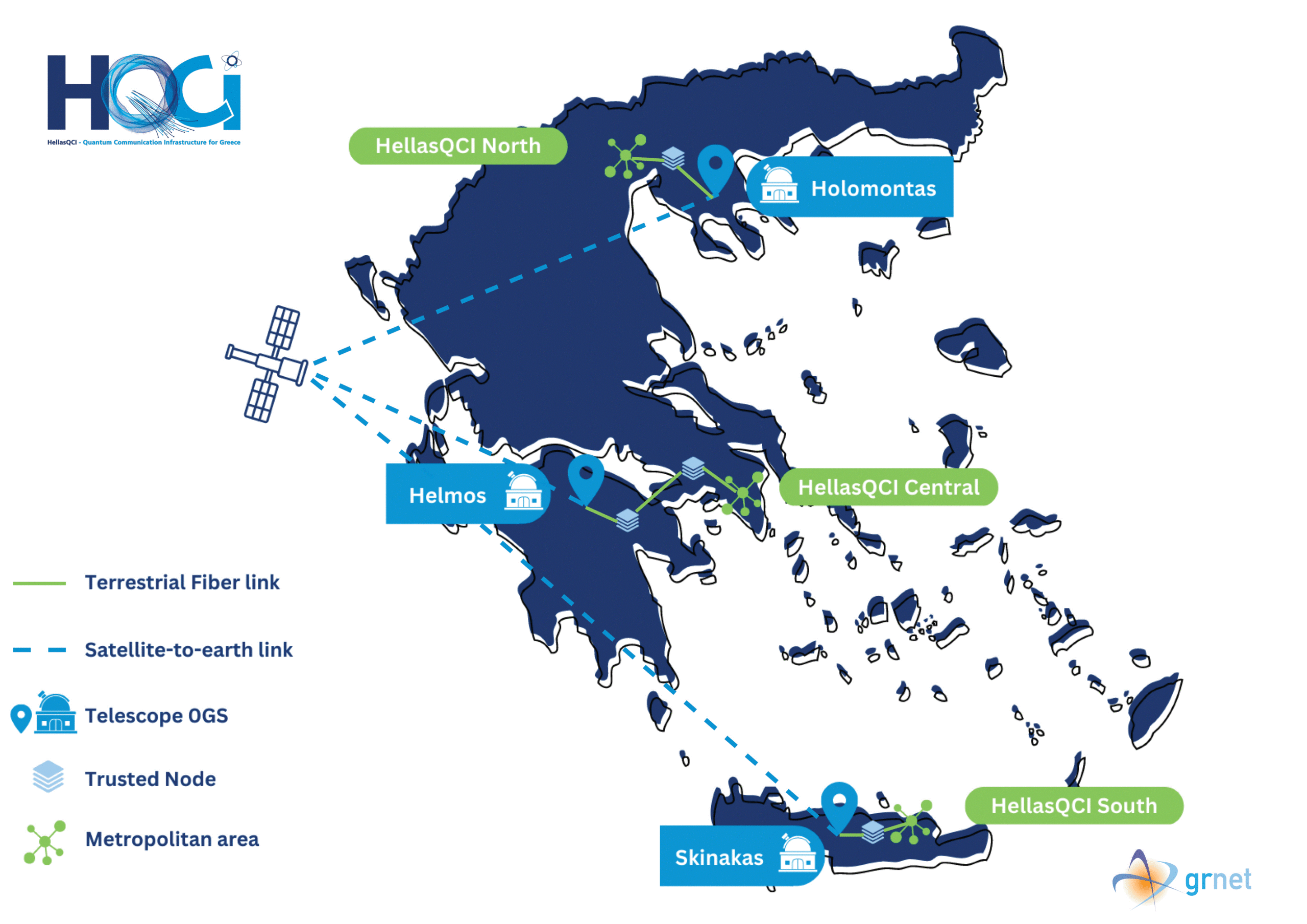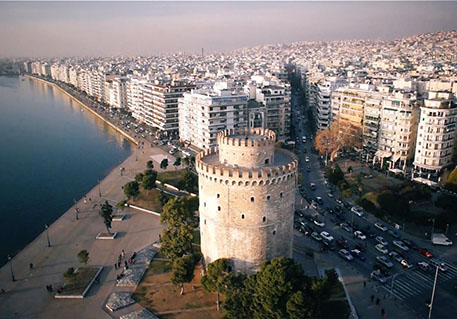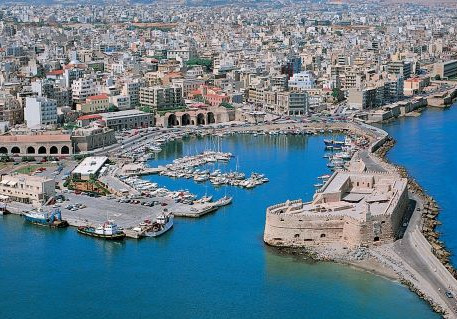
HellasQCI: Greece strengthens the resilience of its critical infrastructure against cyber threats by leveraging quantum technologies
HellasQCI, as part of the EuroQCI initiative, is co-funded by the European Union under the Digital Europe Programme grant agreement No. 101091504.
The HellasQCI project aims to deploy advanced national QCI systems and networks in Greece. The advancement in technologies that will be achieved by the realisation of the HellasQCI initiative include:
- reinforcement of Scientific and Technological capabilities in cybersecurity,
- improvement of industrial competitiveness,
- strengthening European digital sovereignty
This project on behalf of Greece, together with other EU Member States, the CSA project PETRUS and the European Commission will achieve the co-creation of the EuroQCI.
HellasQCI architecture comprises of three metropolitan test sites located at major cities of Greece namely: ΗellasQCI-Central (Athens), HellasQCI-North (Thessaloniki) and HellasQCI-South (Heraklion-Crete).
Each test-site is divided into Governmental and Industrial testbeds, which allow the project to investigate the field deployment of QKD technologies in a plethora of realistic scenarios and use cases addressing Public Services Security, Public Health, Critical Infrastructure and ICT sector.
An additional Research testbed will allow the development of new quantum technologies, provide a sandpit for SME innovation, and offer Greece a futureproof extension towards Quantum Internet. It will also serve as a comprehensive training environment for technical, research staff and end users. For inter-test-site links and international connection with other EuroQCI members, HellasQCI will exploit three Greek observatories, which constitute a national asset and have been selected by ESA to be upgraded as Optical Ground Stations with QKD capabilities.
The aim of HellasQCI is also to create a community from all interested national stakeholders, gather expertise and share knowhow on the application of quantum technologies.
HellasQCI proposal received letters of support from:
- the Ministry of Defence (MoD),
- the Hellenic National Defence General Staff – HNDGS (Army),
- the Centre for Technological Support, Development and Innovations of the National Intelligence Service of Greece – KETYAK (NIS) and
- the Hellenic Police (Police).
These four-security related governmental players, including the Ministry of Digital Transformation (MinDig), which is a partner of the HellasQCI consortium and leads the digital strategy of Greece, support the implementation of HellasQCI, and showcase the need for QCI technologies in Europe.
The Greek network is part of the European Secure Quantum Communication Infrastructure Initiative “EuroQCI” and is coordinated by the National Network of Infrastructures for Research and Technology – Hellas (EDYTE S.A. – GRNET), an entity of the Ministry of Digital Governance.
HellasQCI aspires to ensure that citizens and businesses have access to reliable digital services, creating added value for the Greek economy. At the same time, the infrastructure that will be created is expected to enhance the competitiveness of Greek companies active in cyber-security and quantum technologies and to help train the next generation of engineers in these fields.

Objectives
- Objective 1: Build the National Quantum Networks infrastructure as part of the EuroQCI
- Objective 2: Develop and Deploy advanced quantum systems and networking technologies
- Objective 3: Advanced use cases in different application scenarios
- Objective 4: Provide a training environment for technical, research and end-users’ staff
- Objective 5: Cooperation with EU Member States to build robust, interoperable and secure QKD systems and networks for the EuroQCI
- Objective 6: National Stakeholder Engagement
- Objective 7: Provide a secure architecture compatible with EU Standards and Certifications
- Objective 8: Space segment connectivity

ΗellasQCI-Central | Athens
Athens is the Capital of Greece, hosting the Central Government functions, the vast majority of industrial and business operations and Greece’s largest Universities.

ΗellasQCI-North | Thessaloniki
Thessaloniki is Greece’s second largest city and close to the north terrestrial border providing flexibility of expansion of EuroQCI to other Balkan countries through landline links.

ΗellasQCI-South | Heraklion - Crete island
The island of Crete is of great strategic importance for Europe and is the largest of the islands in the eastern Mediterranean.
